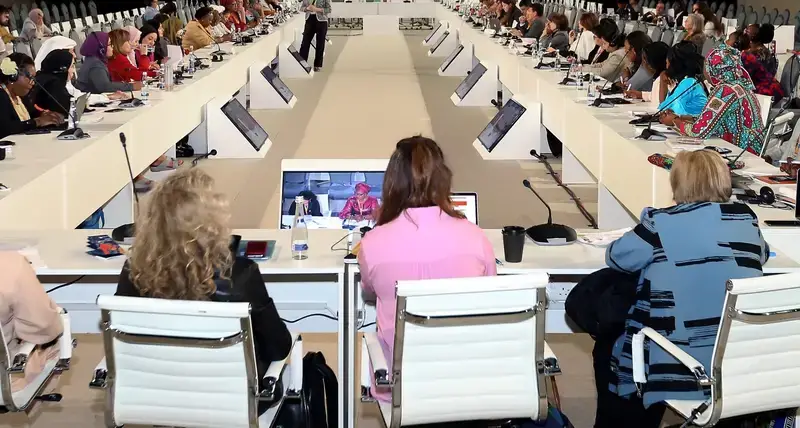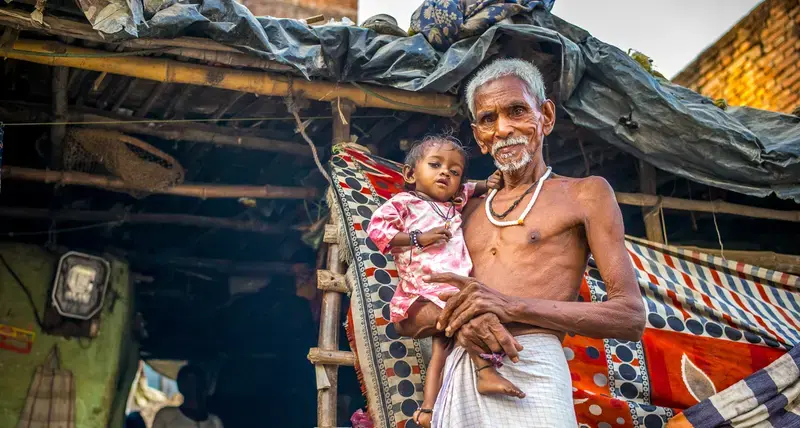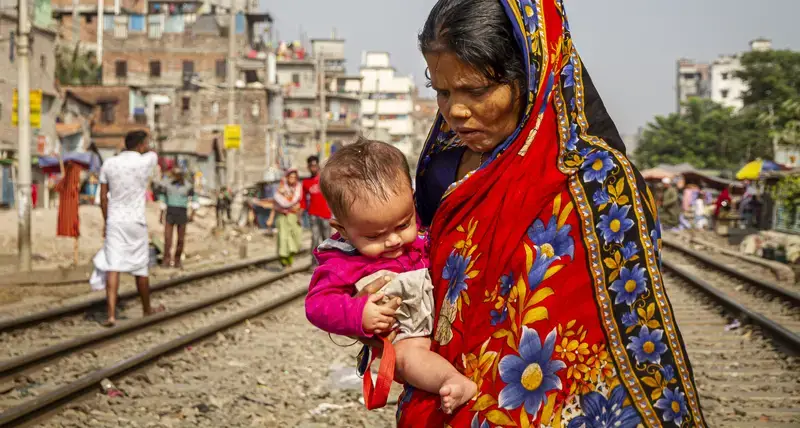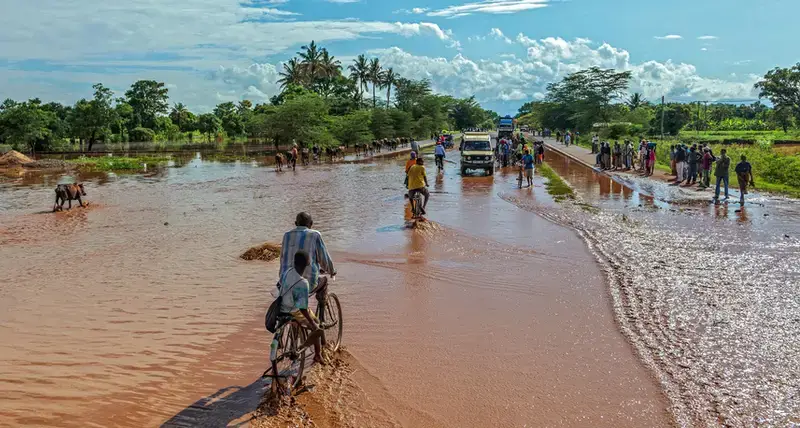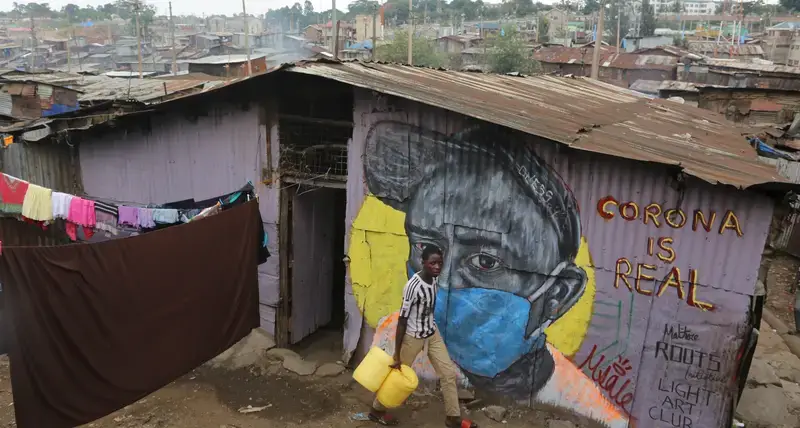UN-Habitat has been involved in implementing programmes and projects to varying degrees across several countries in Sub-Saharan Africa. Lessons learnt from many years of interventions in the countries continue to contribute towards the implementation Regional Representation Strategy 2020-2025.
Below is a sample of some of the work in countries that makes it feasible to achieve the objectives of structural transformation and well-coordinated urbanisation in Africa.
Click here to Download the Country Profiles
UN-Habitat remains committed to Africa. With the support from the African Development Bank and other development partners, UN-Habitat is keen to strengthen positive collaboration and partnerships with all levels of governments, non-governmental organizations, private sector and regional economic communities such as the Common Market for Eastern and Southern Africa (COMESA), the East African Community (EAC), and the Economic Community of West African States (ECOWAS) etc. towards eradicating urban poverty and in transforming Africa’s urban development agenda.
The Regional Office for Africa covers Sub-Saharan Africa, consisting of 49 countries and 22 active countries.
However, the largest country project portfolios of UN-Habitat in Sub-Saharan Africa are in Somalia and the Democratic Republic of Congo (DRC), with a total portfolio of between US$20 million and US$30 million each. In both countries, the projects focus on post-conflict reconstruction and rehabilitation.
Other countries with sizeable portfolios (between US$2 million and US$8 million) include: Ethiopia, Kenya, Mozambique, Nigeria, Ghana and Sao Tome and Principe.
The rest of the countries have smaller project portfolios (below US$2 million). These include South Sudan, Cameroon, Chad, Guinea Conakry, Zambia, Rwanda, Uganda, Burkina Faso, Angola, Cabo Verde, Guinea Bissau and Comoros.
In terms of thematic focus, the largest operational projects in Africa focus on post-conflict reconstruction and rehabilitation. Other projects cover urban resilience and climate change adaptation, housing and slum upgrading, urban basic services, land management, urban economy, municipal finance, urban and regional planning and policy development.
Country: Overview
Country: Overview
Impact
Country: Impact and Urban Numbers
210 projects are implemented in Africa Region since 2014.
194.1 million USD is the value of projects implemented in Africa Region since 2014.
33 countries in Africa Region are covered by UNHabitat's projects since 2014.
Challenges
Africa's increased urban population is a powerful asset for the continent's overall transformation. However, it can only attain its full potential when cities are properly planned and adequately serviced. A major change is needed in the course of Africa's urban development – a shift whose main thrust can be propelled by, first, a re-examination of the planning process and the delivery of basic services.
UN-Habitat Regional Office in Africa (ROAf), located in Nairobi, Kenya, is working with African governments to take early action to position themselves for predominately urban populations. The portfolio of ongoing projects in Africa is very diverse in terms of geographic coverage and development partners.
Country Beneficiaries
“I wish this project would continue as we have witnessed that it halts the problem of waste slides.
Thanks to this project, the smell has significantly reduced and there is no more fear of garbage slides. The liquid waste is not going to the river anymore.”
Bethlehem Belachew, Waste picker in Koshe, Addis Ababa, Ethiopia
